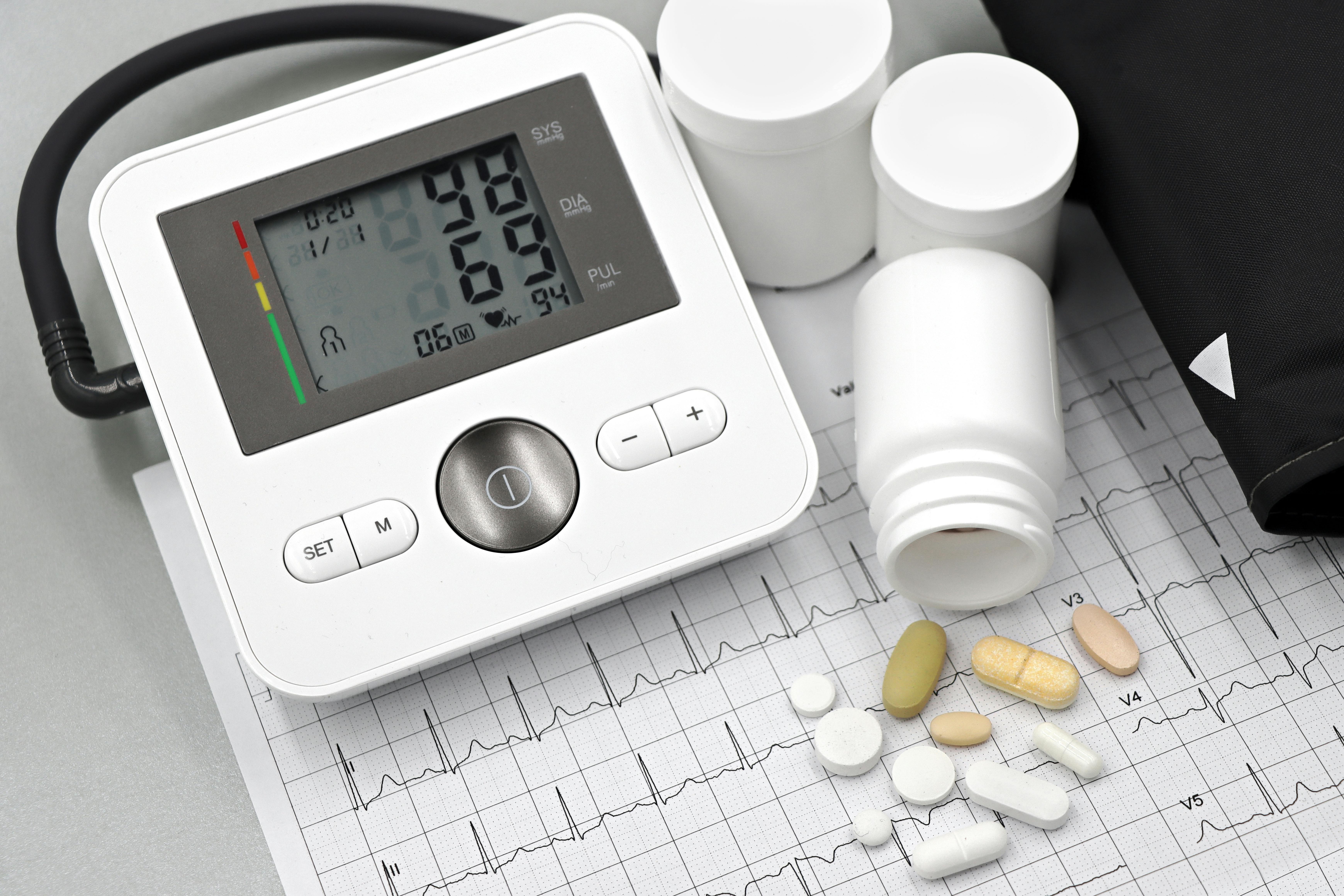Medications That Could Be Contributing to Your Weight Gain
21. Sleep Aids: Restful Nights with Hidden Effects

Medications like zolpidem (Ambien), trazodone, and diphenhydramine (Benadryl, Unisom) are often used to treat insomnia or sleep disturbances. However, some sleep aids disrupt metabolism and increase hunger cues, particularly late at night. Additionally, certain sleep medications alter brain chemistry, leading to reduced motivation for physical activity during the day. What to Do: If weight gain is a concern, consider non-medication sleep strategies like meditation, blue light reduction, and a consistent bedtime routine. If sleep medication is necessary, work with your doctor to find the lowest effective dose.
22. Alpha-Blockers: Blood Pressure Relief with a Metabolic Catch

Alpha-blockers like prazosin and doxazosin are primarily prescribed for high blood pressure and benign prostatic hyperplasia (BPH). While they effectively relax blood vessels to improve blood flow, they can also cause an unintended side effect of weight gain. These medications may slow down the body's metabolic rate, making it easier to gain weight and harder to lose it. Additionally, some alpha-blockers can cause fatigue and dizziness, which can reduce a person's motivation and capacity for physical activity. If you're on these medications, try to incorporate low-intensity activities like walking or swimming into your routine, and focus on a diet rich in fiber and lean protein to support a healthy metabolism.
